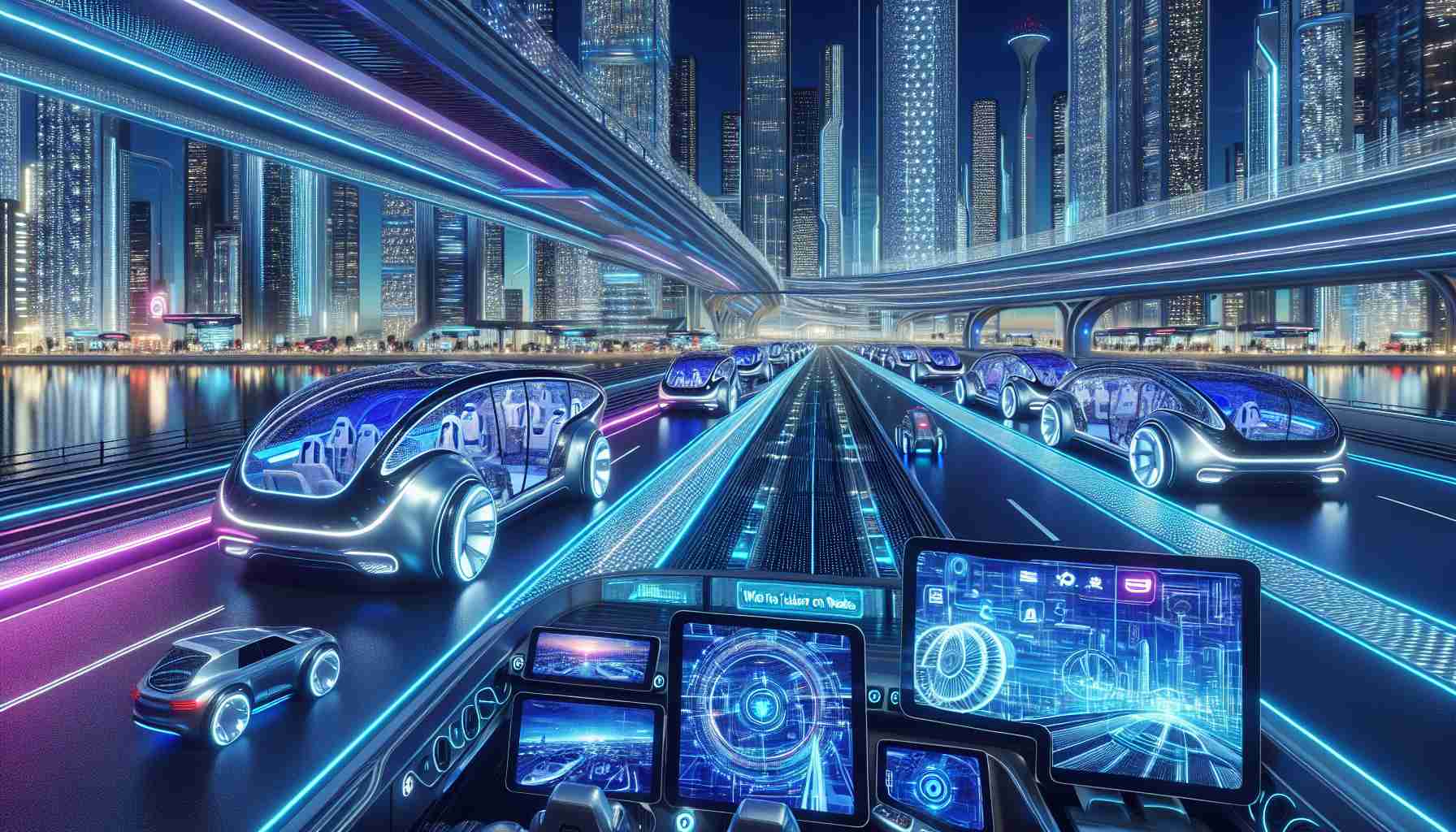- Autonomous vehicles are nearing mainstream adoption, promising to transform urban transportation and enhance safety.
- Connected interiors are turning cars into personalized, smart spaces that integrate seamlessly with daily life.
- Electric vehicles support sustainable living and are advancing with investments in charging infrastructure and battery technology.
- The shared economy, through platforms like Zipcar, is reshaping personal transportation, encouraging sustainable and flexible car usage.
- Cars are evolving into innovative spaces that address modern mobility needs beyond traditional driving.
As technology continues to reshape the automobile industry, cars are rapidly evolving from mere transportation tools into autonomous personal spaces. This transformation is set to redefine how we view mobility, blending the boundaries between living spaces and vehicles.
Autonomous Vehicles: Once a futuristic concept, self-driving cars are now on the brink of mainstream adoption. Companies like Tesla, Waymo, and others have been spearheading the development of vehicles that can navigate roads with minimal human intervention. This advancement is poised to revolutionize urban transportation, reduce traffic congestion, and significantly lower accident rates.
Connected Interiors: Modern cars are becoming smarter and more connected. The integration of IoT (Internet of Things) technology is enabling vehicle interiors to serve as extensions of homes and offices. From virtual assistants managing daily schedules to smart climate controls ensuring comfort, cars are becoming personalized ecosystems on wheels.
Sustainable Mobility: Electric vehicles (EVs) are not just about reducing emissions; they are part of a holistic approach towards sustainable living. With increasing investments in charging infrastructure and battery technology, EVs are paving the way for a cleaner, greener future.
Shared Economy: As car ownership becomes more flexible, the rise of car-sharing platforms is changing the landscape of personal transportation. Companies like Zipcar and BlaBlaCar offer affordable alternatives to owning a car, promoting a sustainable and economically viable mode of transport for urban dwellers.
In this new era, cars are more than just vehicles—they are innovative spaces that cater to the evolving needs of modern life. The future is not just about driving; it’s about redefining the very essence of personal and shared mobility.
Discover the Future of Driving: Autonomous Cars and Beyond
How is the adoption of autonomous vehicles impacting the automotive industry?
The automotive industry is undergoing a significant transformation due to the adoption of autonomous vehicles. With companies like Tesla and Waymo leading the way, the deployment of self-driving technology is set to revolutionize urban transportation by significantly reducing traffic congestion and minimizing accident rates. The mainstream acceptance of these vehicles could lead to a rethinking of urban planning, inspiring smart cities designed around reduced road traffic and enhanced public transportation systems.
What are the pros and cons of connected interiors in modern cars?
Pros:
1. Enhanced Convenience: Connected interiors provide seamless interaction with virtual assistants, allowing drivers to manage schedules, make phone calls, and access navigation without distraction.
2. Personalized Experience: Adjustable climate controls and infotainment systems cater to individual preferences, creating a personalized cabin environment.
3. Increased Safety: IoT-enabled devices can monitor and alert drivers to potential mechanical issues in real-time, enhancing vehicle safety.
Cons:
1. Privacy Concerns: Connected vehicles collect vast amounts of data, raising concerns about data privacy and the potential for hacking.
2. High Costs: The integration of advanced technologies can increase vehicle prices and maintenance costs.
3. Complexity: The operation of highly integrated systems may overwhelm users, especially those less technologically inclined.
What trends are emerging in sustainable mobility, and how do they impact the future of transportation?
Sustainable mobility is characterized by several emerging trends that are transforming the transportation sector:
1. Widespread EV Adoption: Electric vehicles are gaining popularity as battery technology advances, extending range and reducing charging times. Incentives and governmental policies are further accelerating EV adoption.
2. Investment in Infrastructure: Significant investments in charging infrastructure are providing greater access to charging stations, making EV ownership more convenient.
3. Integration of Renewable Energy: The synergy between EVs and renewable energy sources like solar and wind power is creating a cleaner, more sustainable energy ecosystem.
These trends are shaping the future of transportation by promoting environmental responsibility and encouraging the development of new technologies that contribute to reduced carbon footprints and enhanced energy efficiency.
For more insights and detailed information about the advancements in the automotive industry, explore these resources:
– Tesla
– Waymo
– Zipcar
– BlaBlaCar













